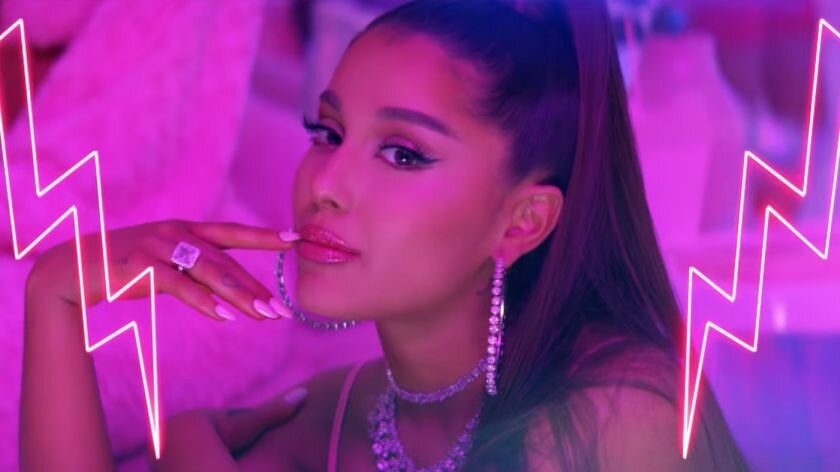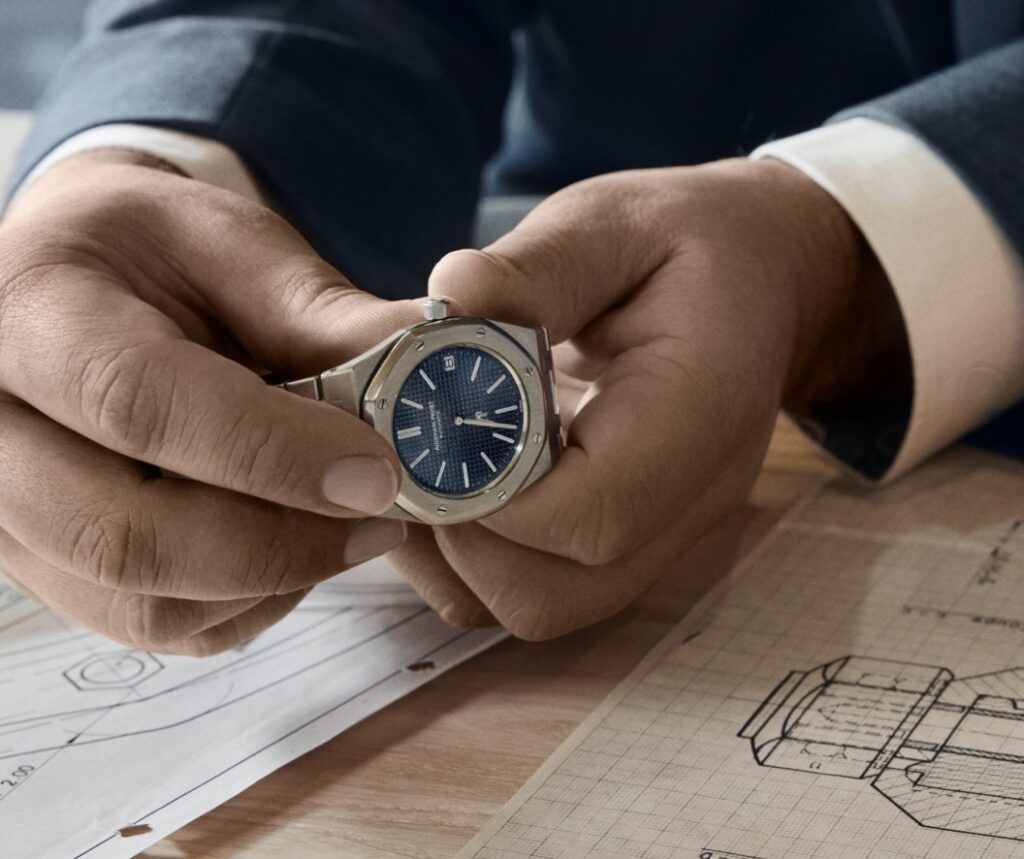Ariana Grande’s “7 Rings” is at the center of a new legal battle with a singer/songwriter claiming that the pop star and her producers jacked the musical composition for the mega-hit single from one of his songs, with some “39 respective notes from the songs” turning out to be “identical.” That is what New York-based plaintiff Josh Stone – aka “DOT” – claims in the copyright infringement lawsuit he filed against Grande in a New York federal court this week.
According to Stone’s complaint, the “beat, lyrics, hook, rhythmic structure, metrical placement and narrative context” of Grande’s “7 Rings,” which has been viewed more than 642 million times on YouTube and generated over $10 million in revenues to date, is a direct rip off of – or in copyright lingo, is “substantially similar” to – his 2017 song “I Got It,” from a “scientific, musicological perspective.”
Hardly a coincidence, Stone claims that he “attended meetings” with Universal Music Group Publishing, which owns Grande’s label Republic Records, in Los Angeles in June 2017 during which he played his song “You Need I Got It.” Strikingly, Stone asserts that “Defendant Thomas Lee Brown, p/k/a ‘Tommy Brown’” – a record producer, who is listed as a creator of “7 Rings,” alongside Grande and others – was in attendance, and ultimately, “took ‘I Got It’ to Ariana Grande and the other defendants and later repackaged [the song] into 7 Rings,” which Stone characterizes as a “forgery.”
The new lawsuit is the latest in a string of music infringement cases that have been populating court dockets in recent years, making it an interesting one to watch, but more than that, the case is a noteworthy one because the “7 Rings” song is currently at the center of another lawsuit: the $10 million-plus suit that Grande, herself, initiated against Forever 21 for allegedly “using audio and lyrics” from the single as part of an ad campaign without receiving her authorization.
In that case, which counsel for Grande filed against Forever 21 in September, just weeks before the fast fashion retailer would file for Chapter 11 bankruptcy, Grande asserted that by using images of her, a lookalike model, and “audio and lyrics” from 7 Rings in the background and in captions for its campaign without her authorization, “Forever 21’s intent was clear: to suggest to the viewing public that Ms. Grande endorsed Forever 21, its products, and was affiliated with Forever 21” even though she was not.
As such, Grande set forth claims of right of publicity violations and trademark infringement, but most relevant (for now), she claimed that Forever 21 engaged in copyright infringement by publishing “images, lyrics, and audiovisual clips from [her] copyrighted songs: (1) 7 Rings; (2) Thank U, Next; and (3) Break Up With Your Girlfriend, I’m Bored,” noting that she maintains copyright protection for an “audio clip of song 7 Rings.”
Should a court side with Stone in connection with the ownership of aspects of the “7 Rings” song, including “obvious similarities,” such as “7 Rings” lyrics, “I want it/I got it/I want it/I got it” and Stone’s lyrics, “You need it/I got it/You want it/I got it,” that could prove an interesting development in terms of the strength of Grande’s case against Forever 21, which is currently on hold in light of the retailer’s ongoing bankruptcy proceedings.
In addition to his copyright infringement claims, Stone sets forth claims of false designation of origin and reserve passing off (arguing that the defendants “deceived and/or confused the public into thinking that 7 Ring is the independent creation of [theirs]” when it allegedly is not), and unjust enrichment, and is seeking injunctive relief and monetary damages to be determined at trial.
A final note in passing: 7 Rings has an interesting history in terms who, exactly, is named in its list of writers. Alongside Grande and 7 others are two particularly interesting figures: influential musical-theater duo Richard Rodgers and Oscar Hammerstein II, the men behind Oklahoma!, Carousel, South Pacific, The King and I, and The Sound of Music, among others.
As the New York Times reported in March 2019, since Grande’s song is “an extended reinterpretation” of Rodgers and Hammerstein’s song “My Favorite Things” from The Sound of Music, Concord – the music company that has owned the Rodgers and Hammerstein catalog since 2017 – “controls 90 percent of the songwriting royalties [for 7 Rings],” an arrangement that the Times’ Ben Sisario called “a remarkable split that reflects the value of evergreen song catalogs, and of the negotiating leverage their owners have when pop stars come seeking permission.”
*The case is Josh Stone v. Ariana Grande, et al., 1:20-cv-00441 (SDNY).











